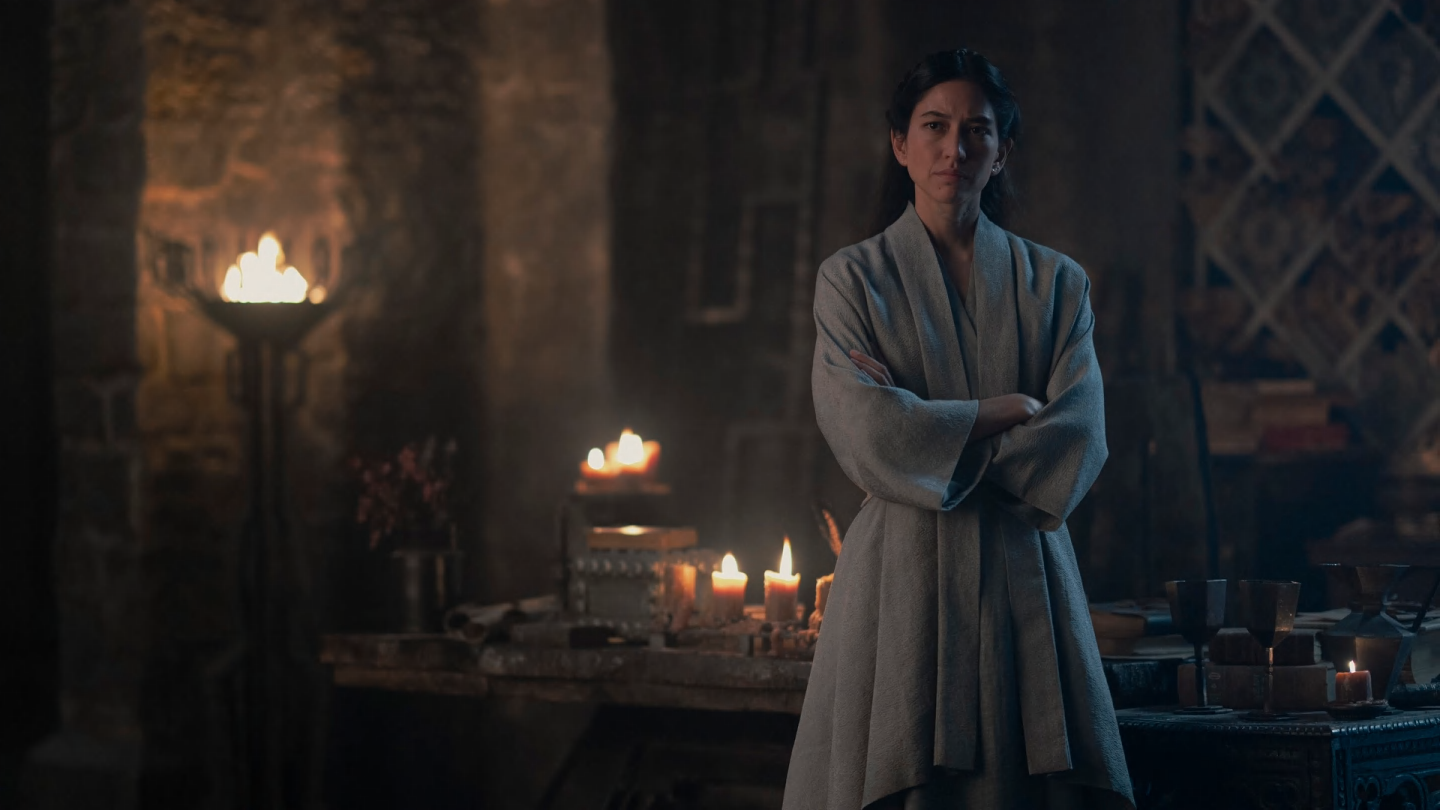
As a long-time fan of George R.R. Martin’s “A Song of Ice and Fire” series and a dedicated viewer of HBO’s “Game of Thrones” and now “House of the Dragon,” I am beyond thrilled with the direction that the show has taken in its second season. The central focus on the Dance of the Dragons and the power struggles between the Greens and Blacks has always been an intriguing part of the story, but it is how the writers have brought this complex political drama to life that truly resonates with me.
The main attraction for “House of the Dragon” season 2 is the “Dance of the Dragons,” a pivotal event in the series that has ignited our excitement and captivated fans, regardless of their familiarity with the source material. This epic clash between the Blacks and the Greens is not only about dragons but also the strategic maneuvers of each side and how they reach critical decisions. Essentially, this season delves into the complexities of rulers, their aspirations for power, and the advisors who shape their choices.
In this segment of the tale, I underestimated the influence of advisors. The individuals vying for the throne of Westeros have heavily relied on the insights, perspectives, and expertise of their counselors, whether formally appointed or not. This phase has been marked by extensive listening and apparent inactivity as we follow Daemon’s erratic storyline in Harrenhal, Aegon’s faltering reign, Aemond’s emerging ambition for power, and Rhaenyra’s progress toward dethroning Alicent’s sons, but only to take a step back herself.
Among all those who have access to a ruler, Mysaria has been the most remarkable and successful in utilizing her influence to change the course of war. This can be attributed to her unique position as the only lowborn advisor wielding power from behind the scenes. Otto Hightower was insightful when he recognized that the common people could potentially bring down the Greens if neglected. Consequently, he brought Alicent and Helaena before them in their sorrow to evoke sympathy from the crowd and rally support for the crown.
Despite Aegon’s setback, caused by his myopia and public executions of innocent men to identify the culprit, the initiative proved successful. However, discontent, suspicion, and animosity are more readily sparked during wartime. This is especially true when one monarch disregards the increasing frustration and hunger of a population trapped in King’s Landing, while the other is perceived as a benevolent figure who prioritizes the welfare of commoners, even from afar on Dragonstone.
Mysaria’s knowledge of common people’s worries and her skill in convincing Rhaenyra to recognize that wars aren’t just won by force, enable the queen to undermine the Greens from within. She doesn’t have to deal with a population increasingly disgruntled each day, nor ponder the implications of being severely outnumbered, relying only on their wavering loyalty as the sole barrier against an uprising that could disrupt, delay, and greatly hamper her military campaigns.
The members of Rhaenyra’s council, who are men, recognize her authority as their ruler, but they find it difficult to accept her gender as an irrelevant fact instead of a weakness. On numerous occasions, Rhaenyra has had to summon them for dealing with disrespectful remarks, casual sexism, and blatant misogyny, which they assume justifies their actions due to their male gender. However, they are all grappling with the complexities of waging war, and none of them possesses more battle knowledge than Rhaenyra because of the long-lasting peace in the realm.
Rhaenyra and her supporters are prone to retaliate fiercely against their enemies, instead of acknowledging, as Mysaria suggests, that wars encompass not just physical battles but also psychological aspects. Mysaria, understanding this, recognizes Rhaenyra’s thoughtful leadership style, which involves seeking advice and carefully considering options before taking action. What Rhaenyra required was a trusted advisor who didn’t underestimate her ability to rule during wartime, and Mysaria earned her confidence by providing valuable counsel.
Rhaenyra has always been a clever and multifaceted woman, considering all angles before making a move. She bristles at being underestimated due to her gender and is often reminded of the societal restrictions imposed upon her. Despite her efforts to defy these limitations, it can be exhausting. Her openness and honesty extend only to her son and heir, Luke. However, with Mysaria, she finds a confidante who not only listens but also provides valuable guidance that strengthens her position in the struggle for the throne.
As a devoted fan of “House of the Dragon” season 2, I must admit that among all the wise counselors gracing our screens, Mysaria has undeniably left the most lasting impact. Her strategic moves have been consistently fruitful and pivotal in weakening the Greens’ stronghold over King’s Landing. The recent turn of events between her and Rhaenyra, as depicted in episode 6 titled “Smallfolk,” promises an even greater surge in her power since they’ve kindled a romantic connection on top of their existing alliance.
Read More
- PUBG Mobile Sniper Tier List (2025): All Sniper Rifles, Ranked
- DBD July 2025 roadmap – The Walking Dead rumors, PTB for new Survivors, big QoL updates, skins and more
- COD Mobile Sniper Tier List Season 4 (2025): The Meta Sniper And Marksman Rifles To Use This Season
- Best Heavy Tanks in World of Tanks Blitz (2025)
- [Guild War V32] Cultivation: Mortal to Immortal Codes (June 2025)
- Here Are All of Taylor Swift’s Albums in Order of Release Date (2025 Update)
- Beyoncé Flying Car Malfunction Incident at Houston Concert Explained
- Delta Force Redeem Codes (January 2025)
- Best ACE32 Loadout In PUBG Mobile: Complete Attachment Setup
- Best Japanese BL Dramas to Watch
2024-07-22 17:53